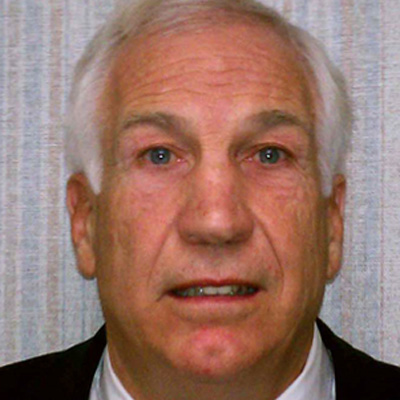
Once again, a child abuse scandal has rocked our nation, and I’ve been left watching as too many people take a stand on the wrong side of the issue. In response to the football coaching staff child molestation scandal, students and fans rallied and rioted in support of the accused party instead of condemning their actions.
Too many people treat horrific stories like that of Jerry Sandusky’s child molestation the same way that they treat any other scandal. They follow the nonstop media coverage, speculating on and forming opinions about what they see, and eventually side with either the accused or the alleged victims.
But this isn’t a scandal about Joe Paterno and his assistant coaches laundering money, cheating on their wives, or cheating in football—this is a scandal about covering up child abuse for 15 years.
The student outrage that resulted in riots at Penn State was about the dismissal of a legendary and beloved coach rather than the abuse itself. This negative use of the students’ energy and passion reflects a deeper flaw within our society: people have trouble condemning institutions.
Michael Jackson was easy to call a pedophile, but far fewer people criticize the media that sensationalized him. Even fewer people condemned the leadership of the Catholic Church when it faced thousands of allegations of sexual abuse.
The institution of collegiate and professional sports is the same as the Catholic Church—it is so widespread and powerful that its supporters would rather avoid serious problems than face them. The lack of condemnation of these organizations could stem from a few sources: an inability to believe that so many people in power could fail to act responsibly and morally, a willful ignorance of that failure, or some combination of the two.
This ignorance is also present in a deeper and more disturbing way with the people directly involved in the cover-ups. In placing their institution first, not only did Paterno and his peers preserve a cultural weakness, but they also played a part in allowing child abuse.
Supporters of Paterno have argued that he fulfilled his legal obligation by passing a report of child molestation to his superiors, and that he isn’t liable for the abuse.
While he undeniably did his job as an employee to the letter, he failed in the spirit of his job as a leader, and worse, failed as a morally responsible human being. His failure to follow up on the report or confirm police investigation makes him a part of the cover up.
There are numerous lines of comparison to be drawn here—politicians place their own careers ahead of the well-being of children in terms of welfare and education, and schools sacrifice student needs to save money or appear successful—but all of them pale in comparison to the tolerance of children being sexually abused. These issues are not even in the same category.
If a school football program needs to be sacrificed to protect children from disgusting and inhumane treatment, so be it. If the scandal was more deeply embedded and all of Penn State had to be shut down, so be it.
These actions should be taken as though there is no alternative—but instead, we have rioting, willful disbelief and inaction. These failures make anyone who perpetuates them guilty of child abuse by enablement.

